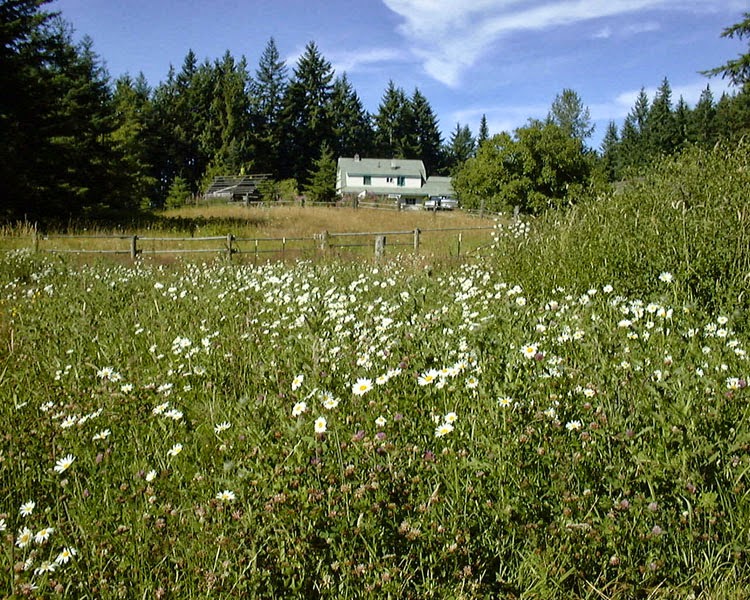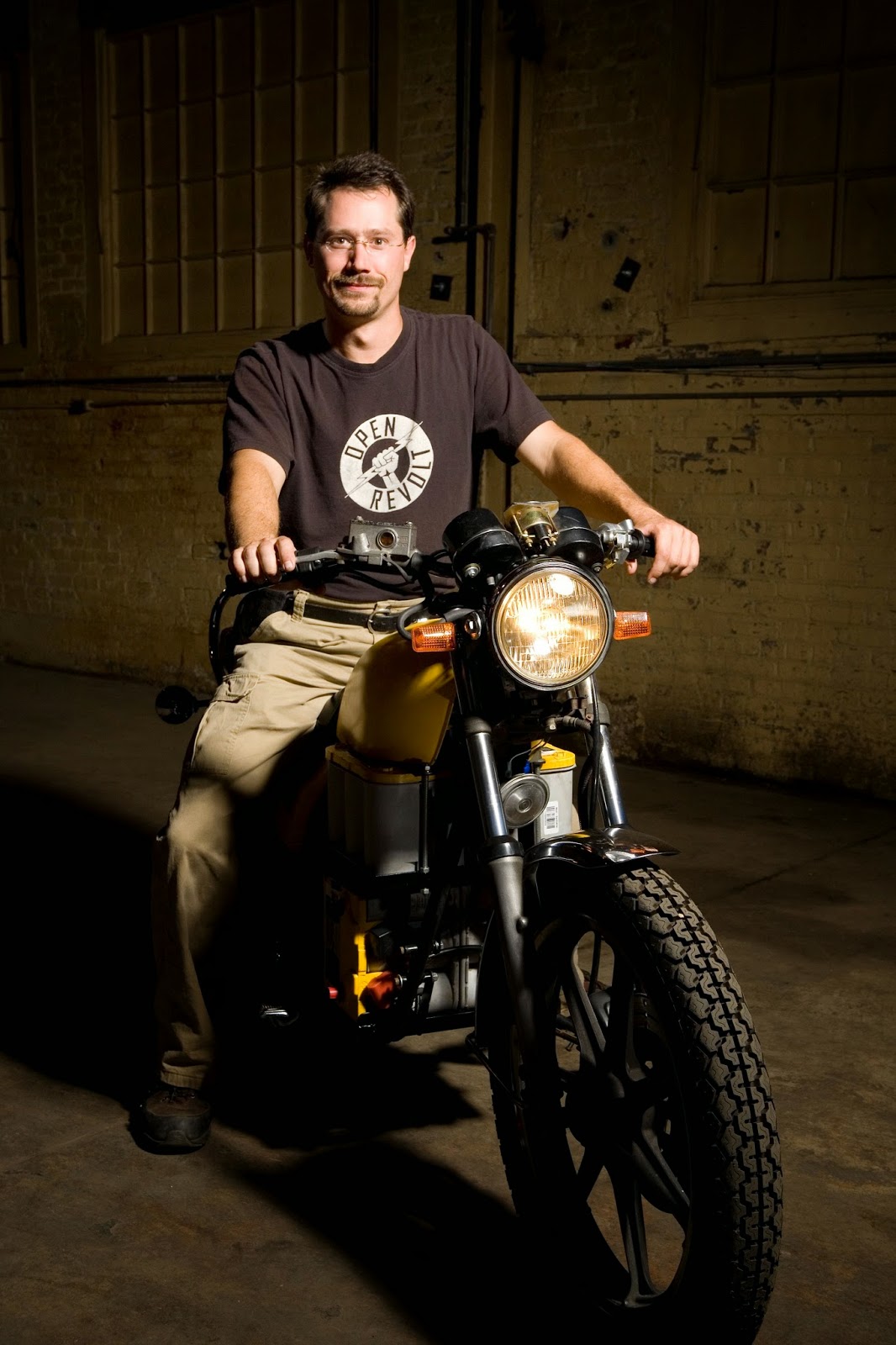If you have ever dreamed of living off the grid, you won't want to miss Victoria Miller's sessions at this year's conference. Vicki and her husband have been living off the grid in Washington State for eight years now.

"We often have people say to us, 'I'd really like to live off the grid,'" Vicki recalls. "I suspect that a lot of those people
are as ignorant as I was about just what it means to live off the grid. I would encourage anyone to
connect with someone who lives or has lived off the grid, ask a lot of questions, spend some time on
their property if possible, and really think about what it means. There is a lot to consider beyond just do
you have any electricity or not."
But if you don't know anyone who lives off-grid, you can come to this year's conference and get to know Vicki. She will be presenting four sessions: water-bath canning, pressure canning, raising poultry, and living off-grid.
Both water bath and pressure canning play a big role in the Millers living off the grid.
"Since I bought my first pressure canner, canning has been a year-round activity for me," says Victoria. "Being
able to safely preserve low-acid foods like meat and vegetables greatly expands your food-preservation
skills." In her session on pressure canning, she will discuss equipment, safety, basic principles of pressure canning, and pros and cons of
canning vs. freezing food.
"I first learned to can when I was in 9th grade," Vicki explains. "Our school required Home Economics for girls
in 9th grade at the time, and one of the most useful things I learned in that class was how to can. All
through high school I helped my mother can and preserve all kinds of foods, mostly grown in our home
garden. I had never used a pressure canner, though, until we bought one about 10 years ago, a couple of
years before we moved to the farm. So I had to learn that on my own, but the many years' experience
with water-bath canning helped a lot. Since we have such limited freezer space here, canning is an
absolute must for me."
The Millers also raise poultry on their homestead. "We had discussed raising animals as part of our plan to produce a fair amount of our food, and we
started with chickens," says Vicki. "Our idea at the time was to raise enough to provide us with eggs and meat and
maybe some extra for friends and family. What a slippery slope!"
In addition to producing enough chicken and duck eggs for themselves, now they also sell eggs. "We've been selling our organic duck and chicken eggs to a local restaurant for 6 years now. We had
taken a sustainable agriculture class back in 2008, put on by the local County Extension office. At the
same time we had become friends with the young couple who own the restaurant in town, and once
they tasted our eggs, they asked if they could buy them from us. We found out that in Washington, you
have to have an Egg Dealer's License to sell eggs wholesale. We had the license within a few weeks.
In the spring, when our egg production is the highest, we sell our extra eggs at four retail stores in the
area."
Based on her experience, Vicki wrote
Pure Poultry: Living Well with Heritage Chickens, Turkeys and Ducks
. And yes, that picture on the cover of her book is a bantam cochin hen raising turkey poults! Because they are off-grid, they don't use electric incubators or brooders, which means they get very creative in their poultry raising methods.
There will be copies of
Pure Poultry available for purchase at the conference, and Vicki will also do a book signing. You can also purchase the book from Amazon by clicking on the picture:

 This post contains an affiliate link. We are a participant in the Amazon Services LLC Associates Program, an affiliate advertising program designed to provide a means for sites to earn advertising fees by advertising and linking to Amazon.com.
This post contains an affiliate link. We are a participant in the Amazon Services LLC Associates Program, an affiliate advertising program designed to provide a means for sites to earn advertising fees by advertising and linking to Amazon.com.



















.jpg)

